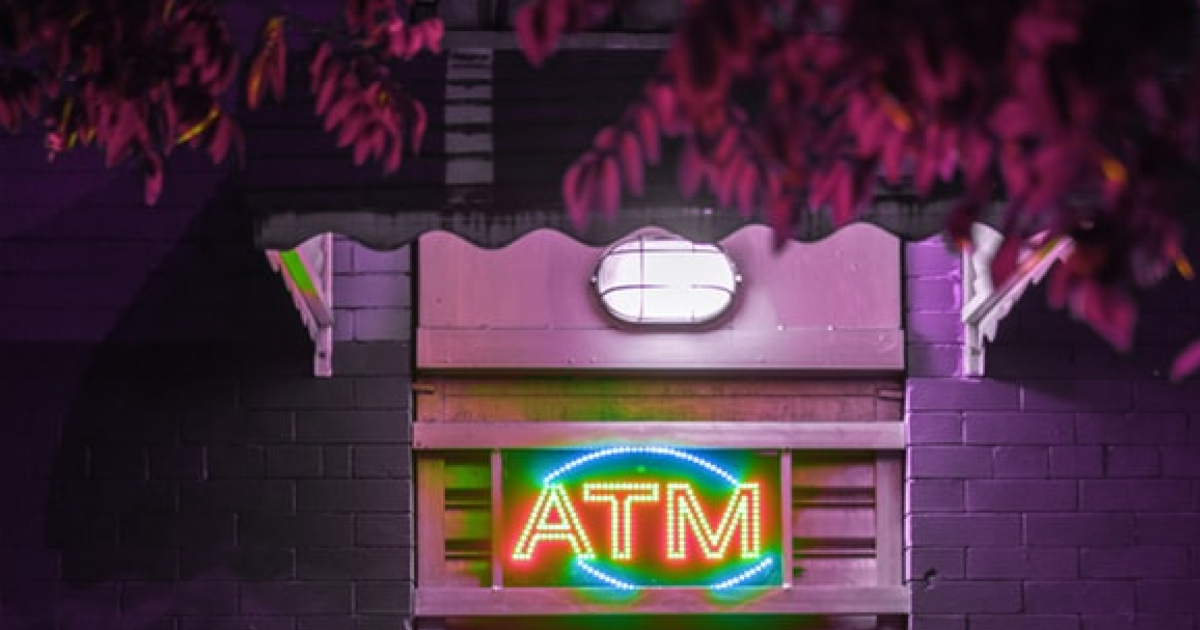A series of stress attacks toward the Bitcoin Cash network revealed that it showed signs of centralization, according to anonymous group BitPico.
Despite claims that Bitcoin Cash (BCH) is a decentralized network, a series of stress attacks by anonymous group BitPico has revealed that this may not be the case.
On the group’s Twitter account, BitPico shared a photo showing a series of nodes on the Bitcoin Cash network, together with their addresses. Observers were quick to point out that most of the nodes have similar endpoints, in a way that they all start at the numbers 47.8. BitPico, then, asked if someone from the Bitcoin Cash team could explain why 98 percent of the nodes in the photo is “sitting in the same server rack.”
The group also gave its followers more proof to back its claim of Bitcoin Cash’s centralization. BitPico reported that almost a thousand nodes that the group injected into the altcoin’s network have been banned in less than half an hour. This action, according to the group, showed that there is one central power that can heavily influence the network.
BitPico, in a tweet, said:
“It looks like [Roger Ver] and [Jihan Wu] banned one of our nodes from two IP ranges, roughly 800 nodes in one pass. They must have it all automated to perform batch operations to their node farm… It only took them 11 minutes to perform the mass ban on their 800 nodes from our last tweet. Somebody scared? This proves centralization.”
BitPico shared last June 23 that it started the Bitcoin Cash stress attack, adding that after six weeks the group can have 5,000 attack nodes in the network and can multi-fork the altcoin’s blockchain by then. BitPico is famous for performing a successful series of stress tests on Bitcoin’s (BTC) Lightning Network.
| Related: Crypto Stores Now Offer Fast Bitcoin Cash Deals with Zero Confirmation
Centralized Allegations
BitPico’s claim that Bitcoin Cash works on a centralized network is not the first in the altcoin’s history. The fourth biggest cryptocurrency in the world based on market capitalization has been under the suspicion of being a centralized network many times now.
Microsoft, a multinational technology company, shared last February 2018 that it sees on-chain scaling as one way to move further from decentralization. On-chain scaling involves increasing the blockchain capacity by applying changes to the network’s protocol. The biggest on-chain scaling involved Bitcoin Cash when it performed a hard fork to increase its block size four times to 32 MB.
Alex Simons, director of program management at Microsoft identity Division, said:
“While some blockchain communities have increased on-chain transaction capacity (e.g. blocksize increases), this approach generally degrades the decentralized state of the network and cannot reach the millions of transactions per second the system would generate at world scale.”
Meanwhile, Nick Szabo, a computer scientist and the pioneer of the smart contracts idea, called Bitcoin Cash a “centralized sock puppet.” This is after Jameson Lopp, creator of Bitcoin nodes observer Statoshi, reported last December 2017 that 54 percent of Bitcoin Cash nodes were running on Hangzhou Alibaba virtual servers in China. Bitcoin enthusiast Sobre Bjellas provided visual data suggesting that almost 50 percent of Bitcoin Cash’s public software nodes were linked to Alibaba.
Bjellas, in a tweet, explained.
“There are 1242 nodes with “ABC” in agent. 543 of those contains organization ‘Alibaba’. Of those, 422 runs in China, 39 in Hong Kong, 35 in Singapore, 45 in USA, 1 in Japan, 1 in Germany.”
Bitcoin Cash continues to claim that it—and not Bitcoin—encapsulates Satoshi Nakamoto’s vision of a decentralized “peer-to-peer electronic cash system.” However, the allegations of centralized power in the network challenge that claim. Bitcoin Cash is currently valued at US$690, and observers could see its value drop further should the altcoin’s fail to answer the accusations.
| Related: Bitcoin Cash: Peer-to-Peer Electronic Cash for All







